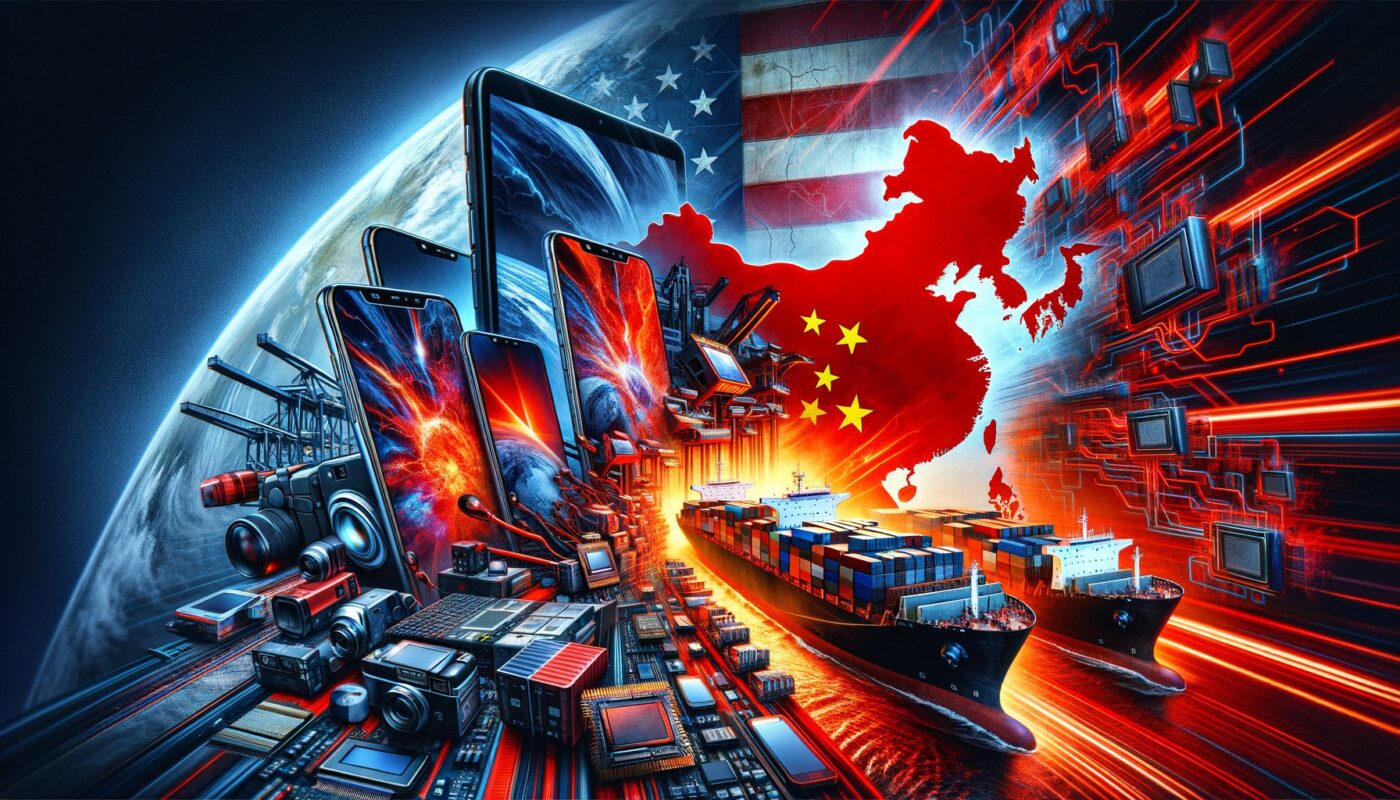The recent escalation in China’s export restrictions targeting U.S. technology companies, including household names like Apple, is sending ripples through Southeast Asian supply chains. This maneuver comes amidst the backdrop of rising tensions between the U.S. and China, highlighting the global interdependencies and vulnerabilities in tech manufacturing and distribution.
Increased Scrutiny on Exports
According to reports, China has heightened its scrutiny on exports to tech giants like Apple by introducing stringent customs checks. This new mandate appears to be part of a larger strategy related to dual-use technology export controls, rolled out by China in December. These restrictions have resulted in significant delays, impacting shipments to Southeast Asian countries like Vietnam and India by weeks.
Impacts on Supply Chain Dynamics
The enhanced export controls have particularly disrupted the operations of companies striving to diversify their manufacturing bases amid the ongoing U.S.-China trade war. The inability of Chinese workers to travel and delays in equipment shipments have posed immediate challenges. This situation adds complexity to Apple’s strategy of reducing reliance on Chinese manufacturing, especially with plans to ramp up production in India.
- Delays in equipment shipments to Vietnam and India.
- Suspension of work rotations for Chinese employees in Indian facilities.
- Expanded scrutiny even on non-dual-use items under similar HS codes.
Broader Implications for U.S. Tech Industry
These developments come at a time when the U.S. is considering additional tariffs on Chinese goods, further complicating the geopolitical landscape. As noted by industry insiders, many U.S. companies like Microsoft, Google, Amazon, HP, and Dell have been actively expanding their production capacities in Southeast Asia. Yet, they continue to rely heavily on equipment from China to set up new production lines outside the country.
The situation is eerily reminiscent of previous trade war tensions discussed in articles like “China’s Export Boom Faces Challenging Horizon Amid U.S. Tariff Threats,” highlighting the intertwined nature of global supply chains.
Looking Ahead
With no immediate resolution in sight, tech companies are forced to navigate an increasingly complex regulatory environment. The enhanced customs inspections reflect China’s strategic response to the geopolitical climate, posing questions about the future of global tech manufacturing and the effectiveness of diversification strategies.
As the tech world adapts, companies and policymakers alike will need to re-evaluate their strategies closely. For insights on similar geopolitical impacts, the article “TikTok Faces Imminent Ban in the U.S., Supreme Court Ruling Approaches” is another crucial read.
In conclusion, the tightening of export checks by China marks a significant shift in its approach towards foreign tech companies, compelling them to reassess their dependence on Chinese manufacturing. With U.S. tech giants caught in the crossfire, this scenario underscores the broader challenges and realities of global supply chains in today’s volatile economic climate.
Warning : This information is indicative and without guarantee of accuracy. Consult a professional before making any decision.





